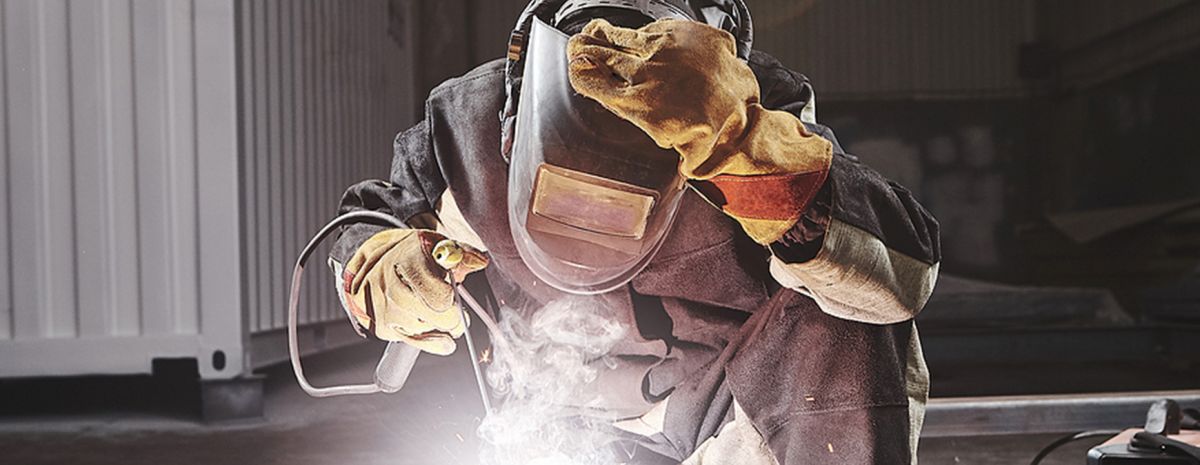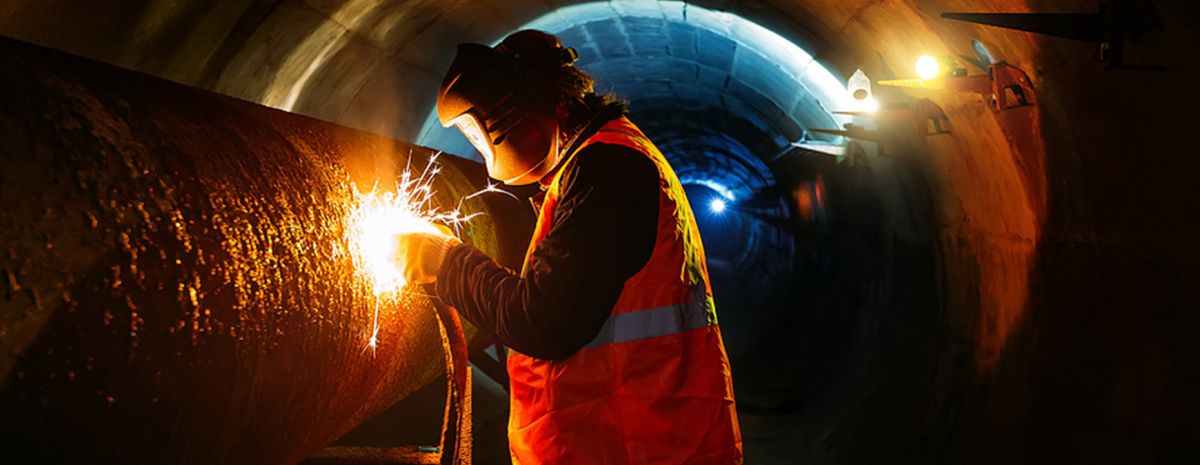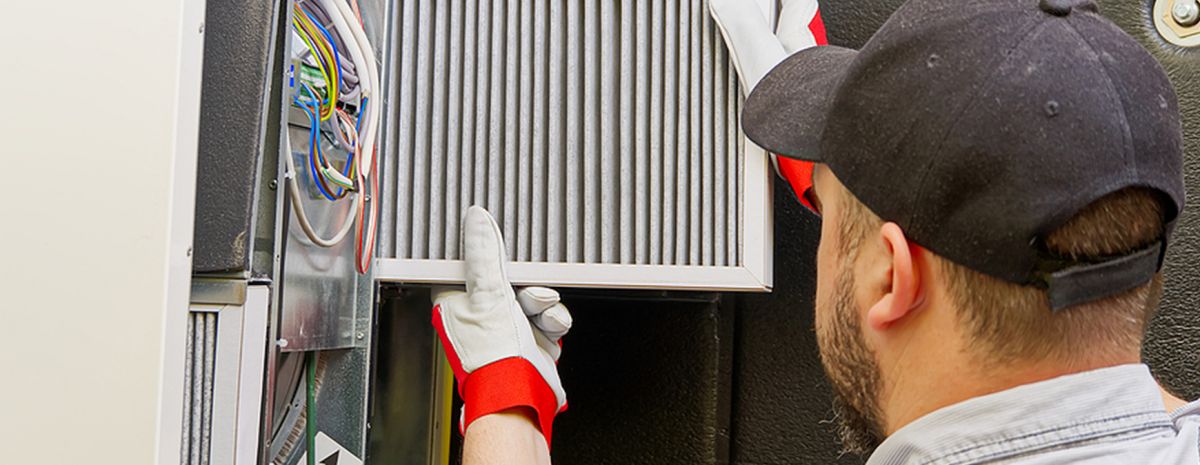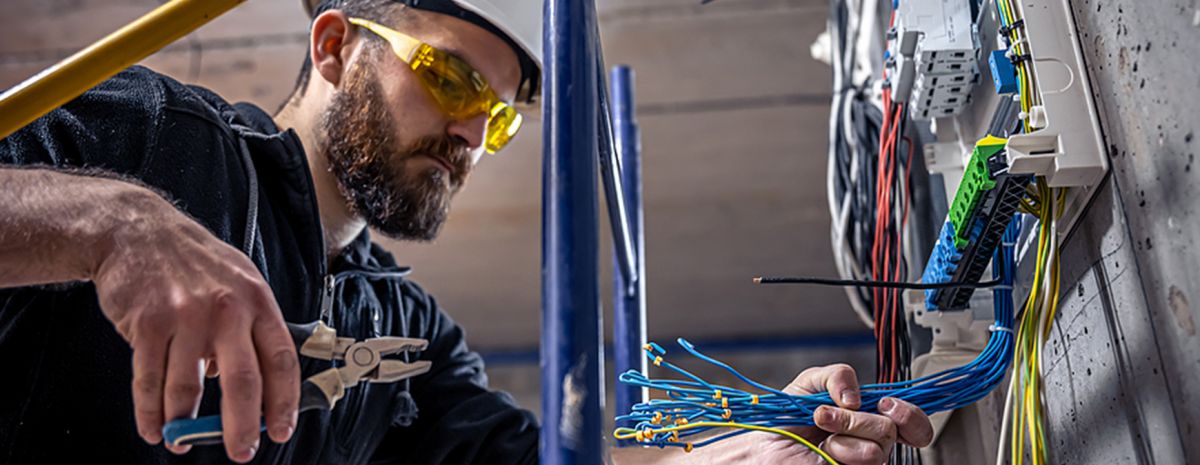TWS is a Great Training Option for Everyone
Learn more about how we can prepare you to advance your career.
Is it true that you “must” go to college in order to be successful in life? Even though parents, teachers, friends, and other authority figures in society might tell you that a four-year university degree is the only way to “make it” in the world, the truth is there are plenty of happy, successful people who skipped university altogether and went straight to the workforce, or gained specialized skills from a vocational school.
Especially considering the high cost of academic higher education, uncertain job prospects for university grads, and employers who want real world experience, college might not be the most economical or fulfilling decision for everyone. The good news is that there plenty of alternatives to college.
Skilled trades are hands-on jobs that require specialized knowledge or skills, and they are found in nearly every sector of society. Here are 5 careers in the skilled trades that don’t require college:
1. Welder

Have You Considered a Career in the Skilled Trades?
Fill out the form to recieve a no obligation info packet.
A welder is someone who specializes in joining metal parts together using very hot equipment to melt and fuse steel, metal, and other alloys. Welding plays a big part in the construction of infrastructure, such as bridges, buildings, powerlines, ships, aerospace, manufacturing, and many other industries. In other words, we see the work of welders everywhere.
While you will need a high school diploma for most welding jobs, you do not need a college degree to be a good welder. However, many welding employers prefer candidates who have completed welding training. Welding training is different from a four-year college because it is shorter in length and focused only on teaching hands-on, entry-level skills for a welding job. You can enroll in welding training like the Professional Welder program at Tulsa Welding School (TWS).
Welding training generally consists of a combination of lecture and lab hours. Students learn welding concepts in a classroom, such as blueprint reading, safety standards, and welding codes. Then, they spend most of their time practicing in the lab using industry-standard welding equipment. Most welders tend to have physical strength, stamina, good spatial orientation, and dexterity.
2. Pipefitter

A pipefitter is responsible for repairing, maintaining, and installing industrial piping systems. This career is somewhat like a plumber, except the pipes that pipefitters work on are generally used in commercial and manufacturing settings. These pipes carry chemicals, acids, and gases.

New: Industrial Maintenance
Learn About Our New Advanced Industrial Maintenance Program
Tulsa Welding School is proud to announce our newest program offering available at our Houston & Dallas Metro Campuses – Advanced Industrial Maintenance Technology! Learn the skills you need to take on the industries of manufacturing, distribution, energy production and facility maintenance in as few as 7 months.
A pipefitter, like a welder, needs specialized training, but a four-year college degree is not required. A high school diploma is the only formalized education outside pipefitting training that you would need to have. After that, many pipefitters learn the trade by attending technical school and working as an apprentice. Most states require pipefitters to pass a licensing exam if they want to work independently.
3. HVAC Tech

Heating, Ventilation, and Air Conditioning (HVAC) Technicians make sure the heating and cooling systems in our homes and businesses are working properly. This could involve fixing furnaces, installing air conditioning systems, or maintaining refrigeration equipment. HVAC is a huge industry because almost all corners of society use heating and cooling technology. HVAC allows us to store medicine, transport food, and keep comfortable indoors.
Like other skilled trades jobs, specialized training is important on the career path of an HVAC tech. Heating and cooling technologies have gotten very complex, so HVAC techs need to be familiar with the equipment that professionals use on the job, and be able to identify problems if a system is malfunctioning. To achieve this, technicians might learn from a combination of on-the-job training and technical school.
HVAC school teaches students about the mechanical and physical properties of the refrigeration cycle, residential and commercial comfort systems, troubleshooting, and other relevant job skills. The Refrigeration Technologies program at Tulsa Welding School can be completed in 7 months.
4. Electrician

Electricians make sure that buildings maintain power. This involves checking, maintaining, repairing, and installing the wiring systems, lighting, and electrical power systems in a house or business. In other words, electricians have an important job: they help us keep the lights on!
In order to become an electrician, first you would need a high school diploma. Some people choose to gain some fundamental skills at electrician school before entering an apprenticeship. Then, most electricians will need to complete a 4- to 5-year apprenticeship to learn under a master electrician.
Applying for a paid apprenticeship is like applying for a job. Electrician training from an accredited vocational school can be a line item on your resume when applying to an apprenticeship. After working for a few years, you might then take a licensing test to become a journeyman, if your state requires it. The Electrical Applications training program at TWS in Jacksonville only takes 7 months to complete, which much shorter than a four-year college degree.
5. Solar Photovoltaic Installer

Solar Photovoltaic Installers, also known as PV Installers, play an important role in the expansion of solar energy. They are the people who set up and repair the solar panels on rooftops and other locations.
PV installers need a high school diploma. Then, they will need to learn about solar installation through classes or training. Experience as a construction worker, electrician, or other similar kind of laborer might help, but it’s not necessary. PV installers can learn about the trade from vocational school to prepare for an entry-level job.
If the cost of solar panels continues to decrease, more installers would be needed to set up solar panels on more households. The expansion of solar energy, especially in regions that provide incentives for this renewable energy technology, could drive demand for PV installers in the coming decade.
Vocational School as Another Option
If you’re graduating high school, or thinking about going back to college, but you’re not convinced you need the debt or can make the investment of time, you might pause and consider other types of careers. Investing in higher education is a very big and very personal decision that everyone must make for themselves.
Some vocational training programs can be completed in under a year. If working with your hands, thinking mechanically, and starting work as soon as possible sounds appealing, you might be a good fit for the skilled trades. Don’t hesitate to ask questions about the possible career paths for you, and feel free to call a TWS enrollment specialist at 1-855-806-4921 if you’d like to learn more about welder, electrician, HVAC, or solar training.
This blog has been labeled as archived as it may no longer contain the most up-to-date data. For a list of all current blog posts, please visit our blog homepage at https://www.tws.edu/blog/







